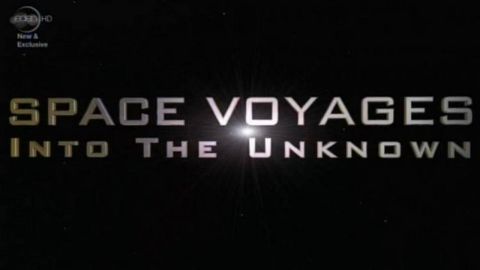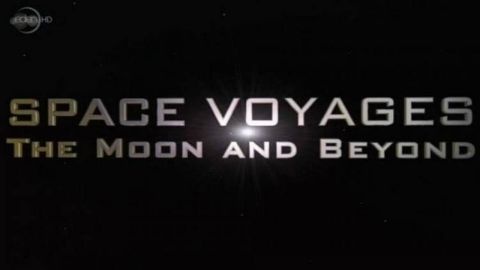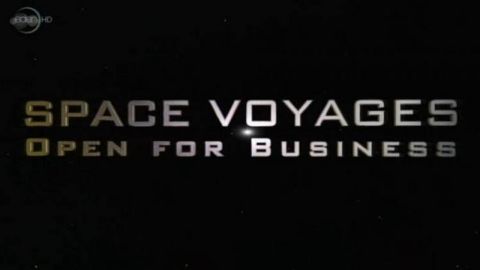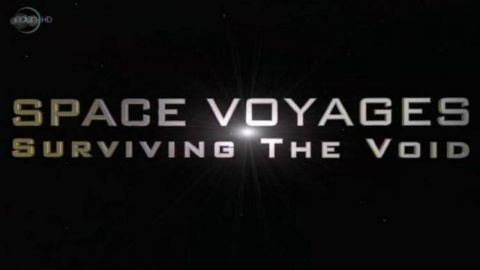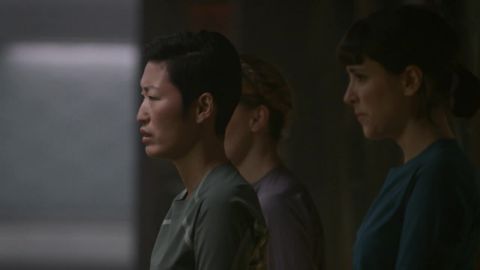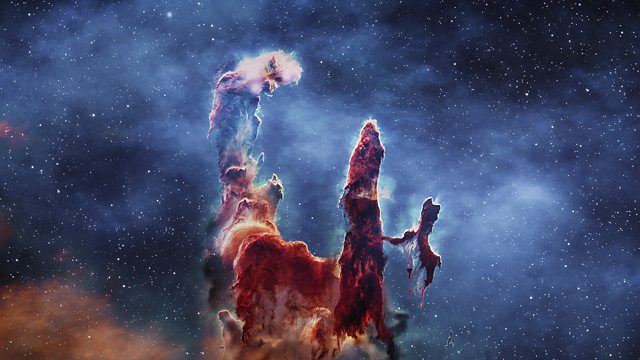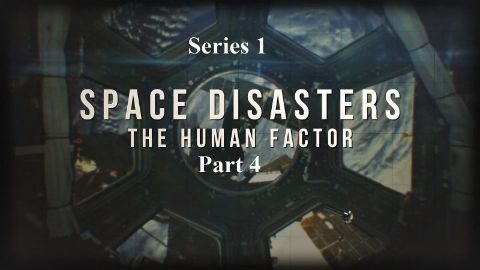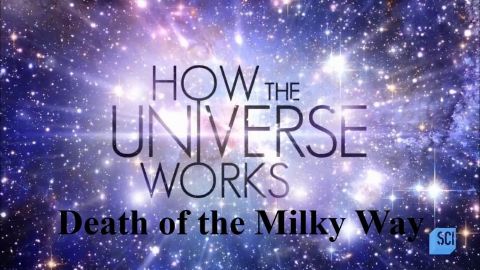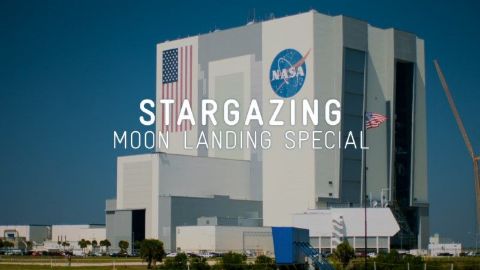Space Voyages • 2013 • 4 episodes •
The first episode of Space Voyages looks at the Mars Curiosity Rover - an incredible 21st century machine. And it would never have been possible without the accomplishments of early NASA astronauts and engineers. Everything was new – rocket science, astronaut survival – even simply steering in space! This is the story of how both humans and robots laid the foundations for space exploration that continues today.
2013 • Astronomy
NASA is sizing up a new but familiar challenge: how to transport humans back into deep space - to the moon, to Mars, to asteroids, and beyond. New destinations require new hardware - more powerful rockets and radical new landing modules. Venture back to our early space adventures with Buzz Aldrin, Jim Lovell and NASA experts and learn about the successes and failures of the Apollo missions. Follow today's technicians as they reach for the stars by learning from these lessons of the past. The programme also looks at the extreme power created by an SLS rocket during a test at the Stennis Space Centre in Mississippi, along with NASA’s latest multi-purpose crew vehicle
2013 • Astronomy
After we reached the moon, NASA refocused energy on mastering routine spaceflight and living in earth orbit. With the retirement of the Shuttle program, we explore the massive contributions Low Earth Orbit operations have brought to our lives and watch the new guys in town spread their wings, ready to take their place in space history
2013 • Astronomy
Our first steps into space were leaps into the unknown. Outer space is still the most hostile environment ever encountered, but someday, we may be forced to leave earth in order to save our species. The question now is whether human ingenuity can overcome the human body’s limitations.
2013 • Astronomy
